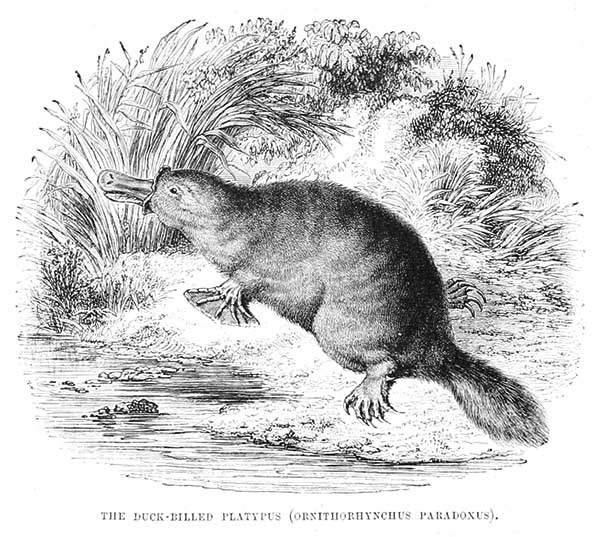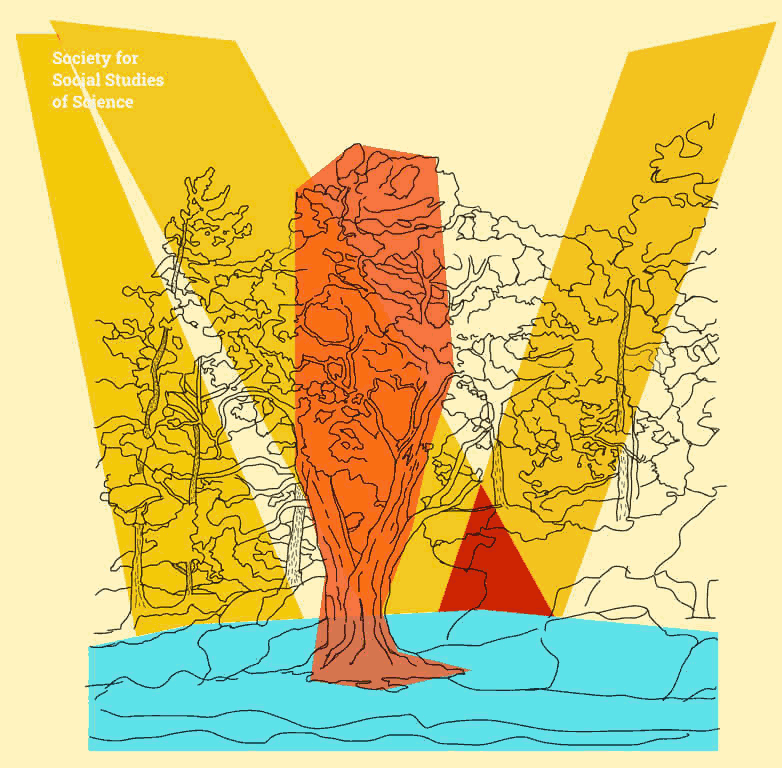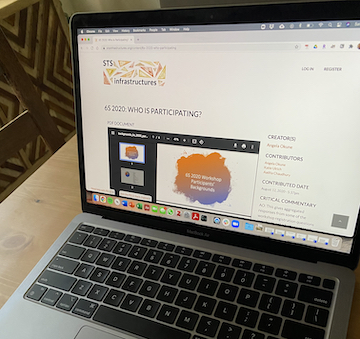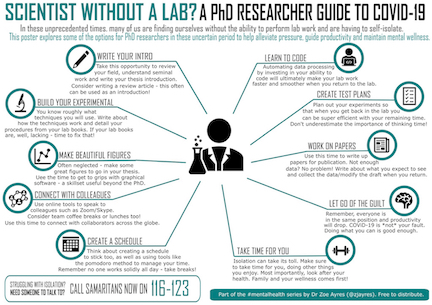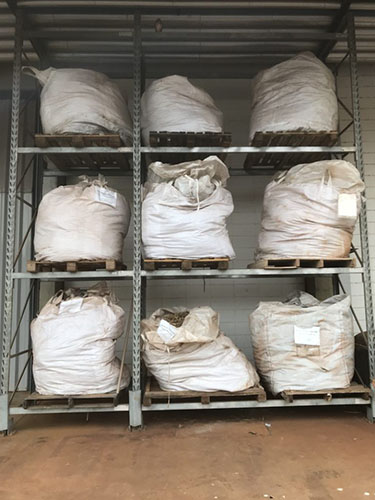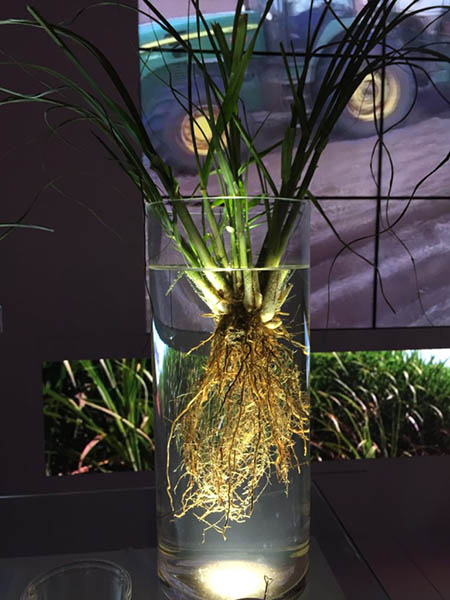This piece was originally posted on November 24, 2021 on the EnviroSociety blog here. To cite, please use the following:
Caporusso, Jessica, Duygu Kaşdoğan, and Katie Ulrich. 2021. “Confronting Legacies of Toxic Goodness: Speculative Reflections from the 4S 2021 Annual Meeting.” EnviroSociety Blog, November 24. https://www.envirosociety.org/2021/11/confronting-legacies-of-toxic-goodness-speculative-reflections-from-the-4s-2021-annual-meeting/.
Renewable energies, green/blue/bio-economies, waste management systems, as well as sustainable agriculture and aquaculture hold within them the possibility of working towards a “Greater Good,” however, “goodness” is frequently built on toxic colonial and capitalist processes that are rendered invisible through sustainability discourse. How can good practices, relationships, and things be cultivated in an environment where toxicants, toxic politics, and toxic relationalities are constantly reproduced? How do toxic production systems—based on extractivism, colonialism, and plantation capitalism—foment new forms of sustainability that cannot be excised from these deadly foundations? (read more...)
